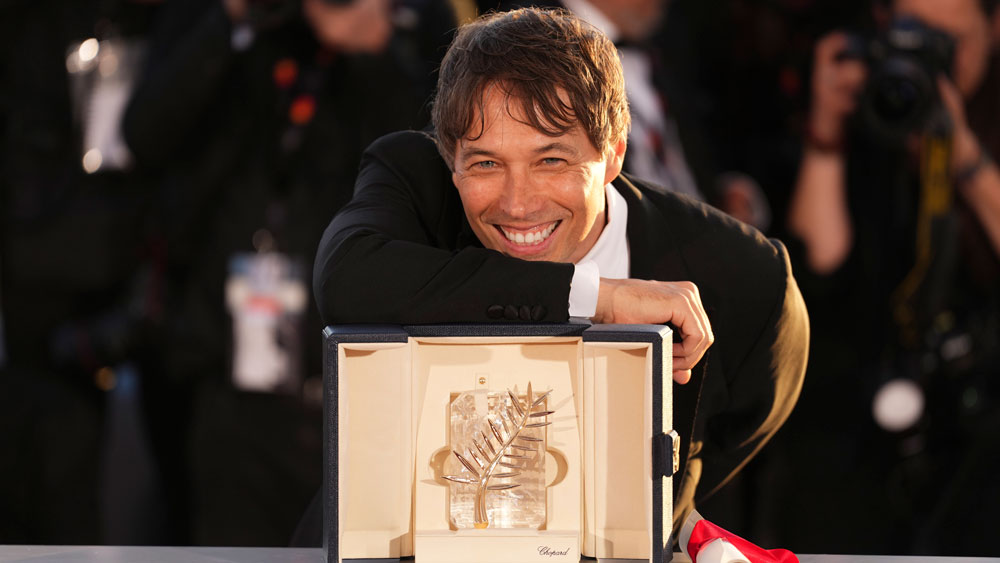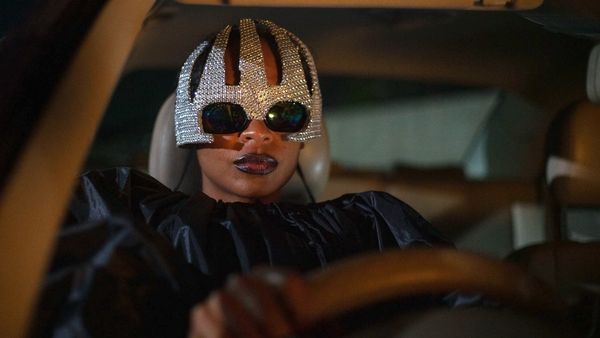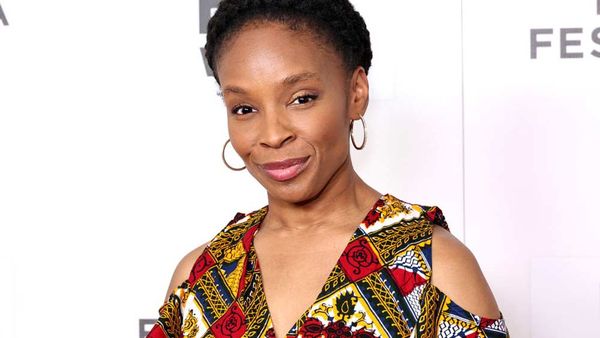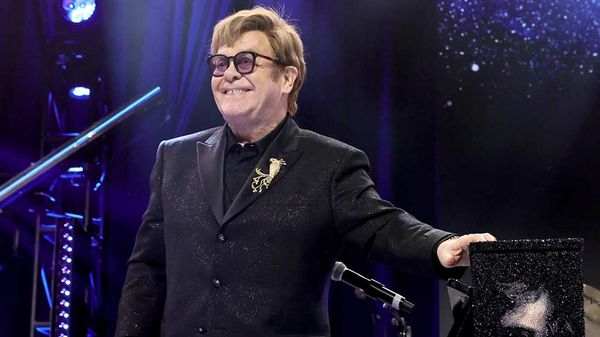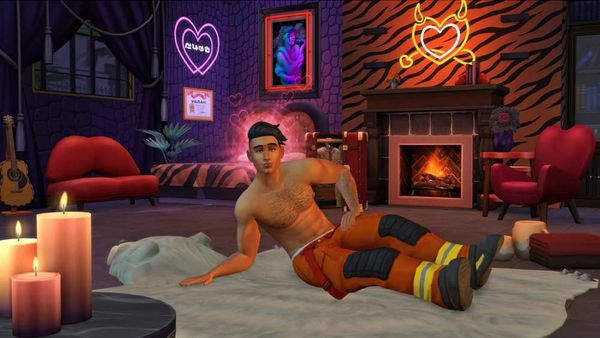May 19
2024 Cannes Dispatch 2: The Palais Filled with International Triumphs and a Legendary Disaster
Matthew Creith READ TIME: 7 MIN.

But the real draw of this blockbuster is unquestionably Taylor-Joy, who unfortunately doesn't show up in the movie until about halfway through. Her character is seen mainly as a young child for the first hour, played by Alyla Browne, whose mother is killed by Hemsworth's Biker Horde leader, Dementus, and grows up striving to avenge her mother's death. Both Browne and Taylor-Joy are mute throughout most of the film, and the older version of the character has about 30 lines of dialogue in total.
Full transparency: I have never been an avid fan of the "Mad Max" film franchise, though I acknowledge its fandom and how impressive the weaving of CGI, musical score, and action sequences drive the story. "Furiosa" is no different, as I chose to watch the film during an 8:30 a.m. screening and was not prepared for how ferocious the sound and Taylor-Joy's performance would be so early in the day. Miller's direction is as top-notch as ever, but Taylor-Joy steals the show, sinking her teeth into every stunt, look, and drive possible.
Also, Tom Burke is super attractive in the movie. He's definitely an actor I want to see more of in future projects.
Next on the list came the opening film to the Un Certain Regard section of the festival, "When the Light Breaks" ("Ljósbrot"). Set in Iceland and directed by Rúnar Rúnarsson, the film stars Elín Hall as the pansexual Una, grieving the loss of the man (Baldur Einarsson) she's fallen in love with after he gets into a fatal car accident. Unfortunately for Una, the love of her life was having an affair with her, and she must console his grieving girlfriend while containing the secret of the affair that once brought her so much happiness.
A wildly complicated premise set in a cold Icelandic background (though it's supposed to be summer), "When the Light Breaks" broke my heart as the story follows Una through all of the stages of grief while hiding her dark secret. Assumed to be a lesbian by several of her friends, Una's secret love affair is kept hidden for a while until she can't hold in the tears of her unhappiness any longer. It's a remarkable turn by the gorgeous Elín Hall, aided by Rúnar Rúnarsson's poignant direction and often icy writing.
But the real draw of the festival came with the premiere of the highly anticipated film by Francis Ford Coppola, "Megalopolis." A passion project for the "The Godfather" and "Apocalypse Now" director, "Megalopolis" is his first film in over a decade. The buzz about the movie prior to the festival began when Coppola apparently showed the finished product to a group of major studio distributors before entering it in competition at Cannes, with every single distributor basically telling the legendary director, "Thanks but no thanks."
The press screening I attended was filled with journalists unsure if they would witness one of the best films ever made by one of the most iconic directors the industry has ever produced...or the biggest disaster of all time. After all, Coppola invested $120 million of his own money into the movie, which he conceived decades before and has been trying to make for quite a while.
I'm here to tell you...it wasn't for me.
I don't think I can accurately describe the plot of "Megalopolis" even after seeing the movie in its entirety, so here is Cannes' version of what it's about: "Megalopolis is a Roman epic set in an imaginary modern America in full decadence. The city of New Rome absolutely must change, which creates a major conflict between Caesar Catilina, a genius artist with the power to stop time, and the arch-conservative mayor Franklyn Cicero. The first dreams of an ideal utopian future while the second remains very attached to a regressive status quo protective of greed, privilege and private militias. The mayor's daughter and jet-setter Julia Cicero, in love with Cesar Catilina, is torn between the two men and will have to discover what seems best for the future of humanity."
Sure, we'll go with that.
Starring Adam Driver as Cesar, Aubrey Plaza as Wow Platinum (a journalist with a thirst for power), Giancarlo Esposito as Franklyn, Nathalie Emmanuel as his daughter Julia, and Shia LaBeouf as one of the villains in this rip-off of the Julius Cesar story, "Megalopolis" is a full-blown mess. Every actor on the screen plays caricatures of historical figures set in a futuristic dystopian world. The film is meant to be a warning for what our current political state of affairs might produce, but the message is completely drowned out by Coppola's overblown, and outdated, CGI usage and miscalculated dialogue.
The movie isn't even "so bad it's good," which would have been a pleasant surprise. What was a weird surprise was that in the middle of the screening, someone I assume was a paid actor arrived in front of the screen carrying a microphone, lights turned up, and proceeded to interview Cesar in a press conference style on screen. Everyone in the theater laughed, baffled by what had just occurred in real-time.
If "Megalopolis" receives proper distribution, I wonder if this experiment will carry over to IMAX film screenings. It was a wild addition to the festival experience, to say the least.
Cesar is often accused by his detractors of being gay, though he's in love with Julia. LaBeaouf's Clodio goes a long while wearing drag for an undetermined reason. As a gay man, I have to say that many of these instances struck the wrong chord with me, mainly because it seems that Coppola doesn't fully understand the modern world we live in today. As a director I admire, it wasn't the right type of characterizations audiences would typically expect from such a talented auteur.
